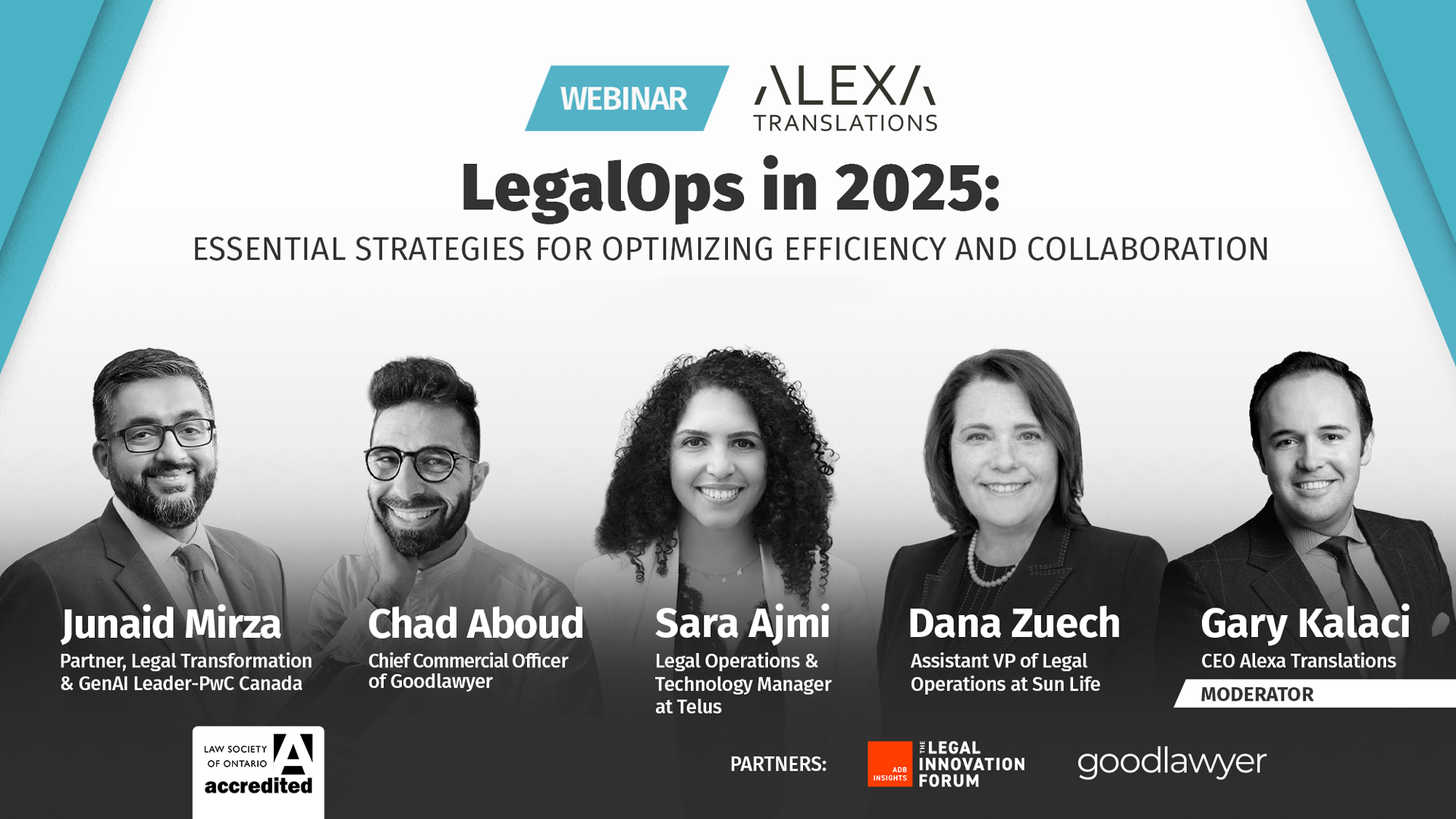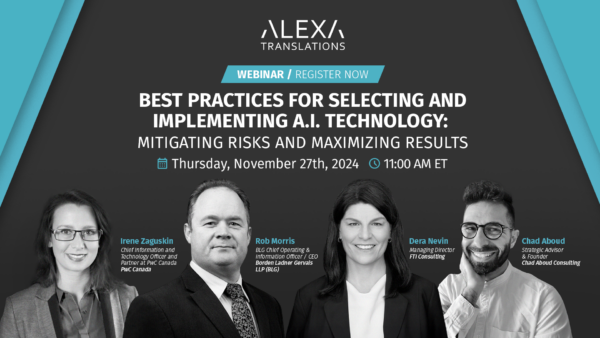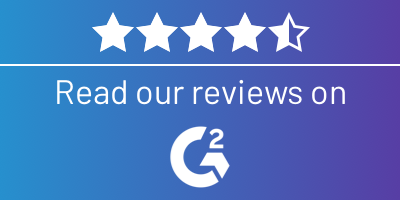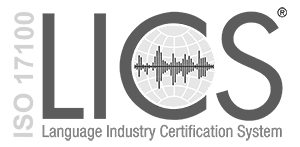Last month, Alexa Translations assembled a panel of industry experts, including Sara Ajmi (Legal Operations & Technology Manager, Telus), Dana Zuech (Assistant VP, Legal Operations, Sun Life), Junaid Mirza (Legal Transformation and GenAI Leader, PwC Canada), and Chad Aboud (Chief Commercial Officer, Goodlawyer).
Moderated by Alexa Translations CEO Gary Kalaci, the panel shared actionable insights that legal operations professionals can use to better support their organizations.
If you haven’t yet had a chance to watch the webinar, or just want a recap of the key talking points, here are the top five takeaways from the event.
Define the role, communicate the process
“The challenge that most legal operations teams face… is a lack of a clear mandate.” — Junaid Mirza
Without well-documented processes and a clear outline for handling responsibilities like triage or risk-rating, the department can spend more time explaining its role than performing it.
Legal operations teams must bridge the gap between departments. These teams often coordinate across the organization, operating at high speed and under high stakes. As Mirza later put it, “LegalOps needs to identify overlaps and have governance protocols in place.”
Sounds easy in theory? Implementation requires awareness.
The demands placed on a LegalOps team will vary between companies. An organization flourishes when clear roles for each department are defined and communicated. Only then can LegalOps function as a strategic partner, rather than a passive dispenser of legal advice.
Understanding the needs of the organisation
“How do we get the other stakeholders to want you to solve their problem?" — Chad Aboud
The panel agreed that it’s easy for legal operations professionals to develop a myopic viewpoint, creating solutions based on the expectation that other departments will change how they operate. Aboud emphasized the importance of storytelling, communicating solutions effectively by understanding the needs and perspectives of other teams.
He shared an example of his initial frustration with the short turnaround times often required for sales contracts. By viewing the situation from the perspective of a sales professional, he came to appreciate the urgency behind those deadlines.
Approaching LegalOps with a mindset focused on building expertise in other departments helps uncover their non-negotiables. This not only reduces friction, but also improves the organization's overall ability to generate revenue over time.
Ultimately, the role of LegalOps is to support the rest of the organization, not to dictate what their needs should be in an ideal scenario.
Use KPIs as strategic tools, not generic targets
“Benchmarking is key, make sure you measure what is important to leadership, sometimes you need a success story to illustrate the value of LegalOps" — Dana Zuech
Given that LegalOps departments are not typically known for chasing leads or directly generating revenue, corporations may view them as an unfortunate expense rather than a strategic asset.
This perception can lead some departments to overcompensate by producing KPIs that mostly amount to tracking time, or worse, consuming it unnecessarily.
Instead of rushing to quantify performance for its own sake, consider whether a tangible success story might more effectively demonstrate progress. Businesses don’t operate in a vacuum, so it is worth considering what competitors are excelling at when setting benchmarks.
Sometimes, the value of LegalOps is found in a crisis that never materialized, one that could have cost the company millions, or in supporting the sales team with a watertight contract.
If there is a need to track metrics, Junaid Mirza noted that KPIs should always “track movement toward a goal.” If your legal operations team meets its KPIs without leadership noticing a difference, the issue may lie in goal setting, not in time spent at the desk.
Technology: Creating and solving problems

“Automate as much as you can, give the professionals the tools to refine their work." — Sara Ajmi
“Technology won’t fix a broken process." — Dana Zuech

These two statements represent different sides of the same technological coin. When the discussion shifted toward emerging technologies such as AI, the panel agreed that these tools can significantly streamline heavy workloads when correctly implemented.
However, technology must solve a problem in practice, not just in theory. Zuech emphasized the importance of grounding implementation in clear use cases and balancing curiosity with safety awareness, rather than becoming captivated by exciting new features.
Ajmi explained that when introducing a new tech solution into the workplace, LegalOps can support implementation by providing use cases, sample contracts, and dummy data during trial periods. This helps ensure the solution is tailored precisely to the department’s needs. Solutions that can be tested by select team members, from leadership to frontline staff, and then customized accordingly, tend to be far more effective than generic, one-size-fits-all platforms.
She also stressed that new tools are only worthwhile if they can perform a task that existing tools cannot. This is where LegalOps can apply their understanding of interdepartmental relationships to ensure new implementations truly serve the company’s needs.
Human Skills: The Ultimate Differentiator
“The technology is… so good it’s creating this baseline of skills. What I think we are losing is the human element." — Chad Aboud
Aboud presented the acquisition of tech skills as a given in today’s workplace, noting how certain practices, like marking red lines with an actual red pen, have become obsolete over time.
What will truly position legal operations professionals as strategic partners is not just their proficiency with tools like prompt engineering, but their enthusiasm and curiosity for solving problems, along with their ability to communicate ideas clearly across departments.
As Aboud put it, “a good idea that the other person doesn’t care about equals a bad idea.” AI can help you create a polished proposal, but without a deep understanding of your organization’s needs, even the best ideas may fail to deliver real solutions.
If you found these insights useful, and would like to check out the full conversation between our expert panel, you can watch the full webinar here.
Stay Ahead of the Curve in 2025—and Beyond!
Don’t miss the knowledge that can help you stay competitive in 2025.
Subscribe to our newsletter for exclusive insights into the latest financial trends, expert analysis, and more. Be the first to know—sign up today!














